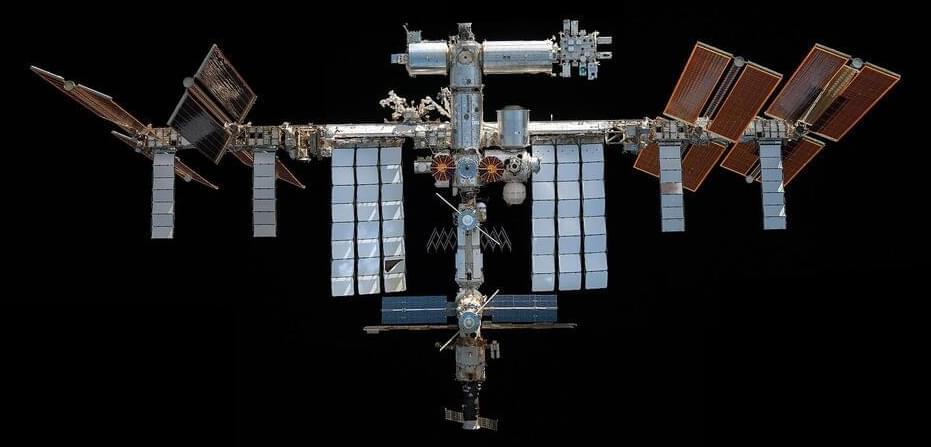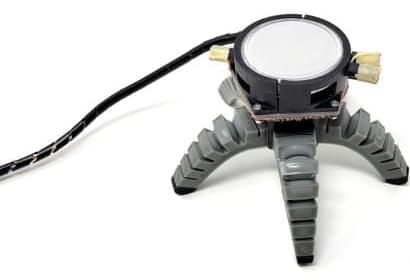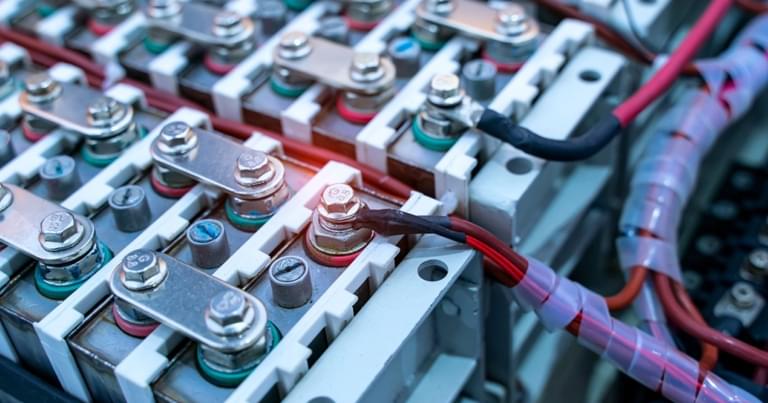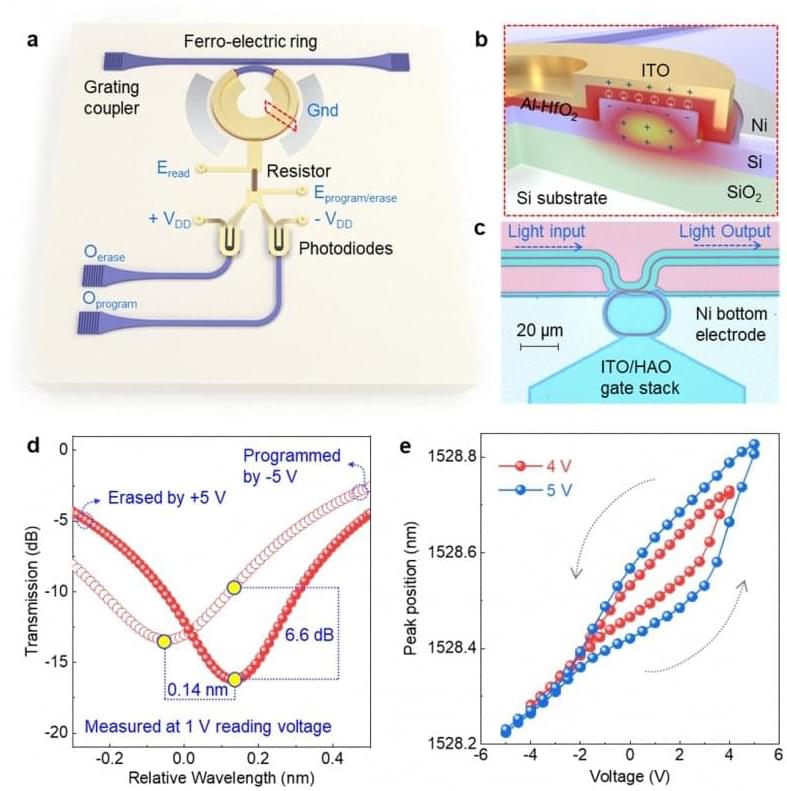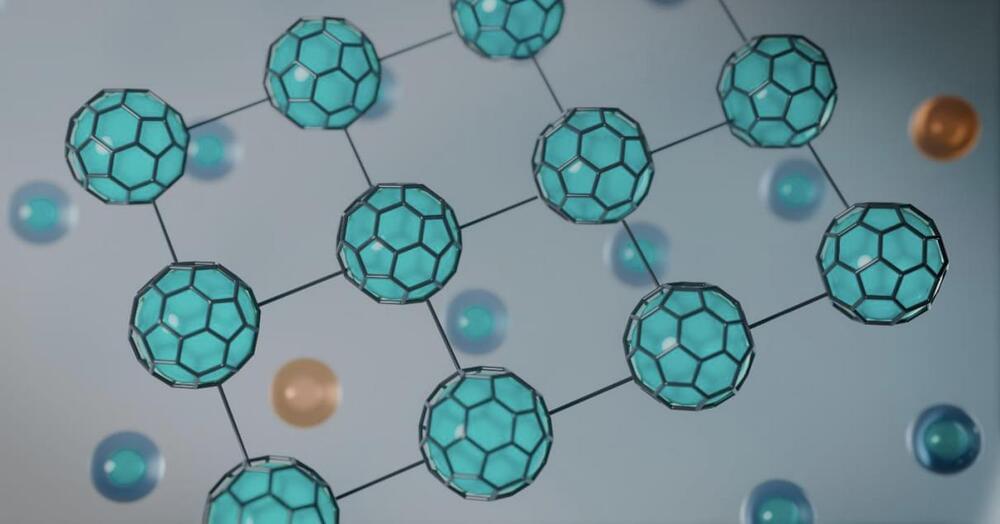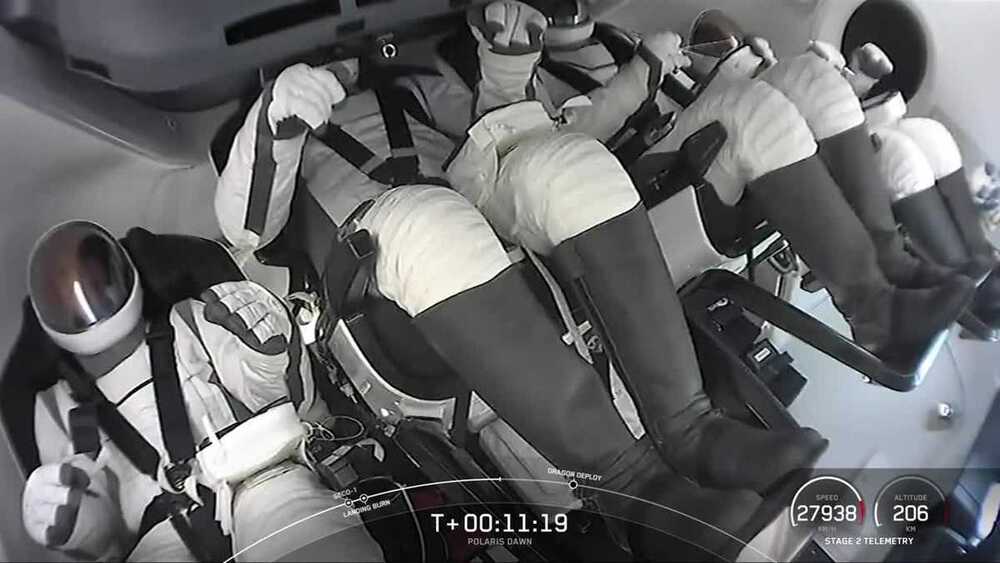Sep 10, 2024
NASA and ISS National Lab Choose WFIRM for Innovative Cancer Study
Posted by Laurence Tognetti, Labroots Inc. in categories: biotech/medical, life extension
“This selection underscores WFIRM’s commitment to pushing the boundaries of scientific research and finding innovative solutions to some of the world’s most challenging health issues,” said Dr. Anthony Atala.
How can microgravity help advance cancer research? This is what an upcoming grant-awarded project sponsored by the International Space Station (ISS) National Lab hopes to address as a team of researchers from the Wake Forest Institute for Regenerative Medicine (WFIRM) have been selected to send samples to the ISS with the goal of observing how microgravity influences cancer growth and their responses to treatment. This project holds the potential to help scientists and cancer researchers develop new methods for combating cancer here on Earth.
“Being selected for this project is an incredible honor and opportunity for our team at WFIRM,” said Dr. Shay Soker, who is the project lead and a professor in the Wake Forest University School of Medicine. “The microgravity environment of the ISS provides a unique setting to study cancer in ways that are not possible on Earth. This research has the potential to unlock new understandings of cancer behavior and lead to more effective treatments.”
Continue reading “NASA and ISS National Lab Choose WFIRM for Innovative Cancer Study” »
